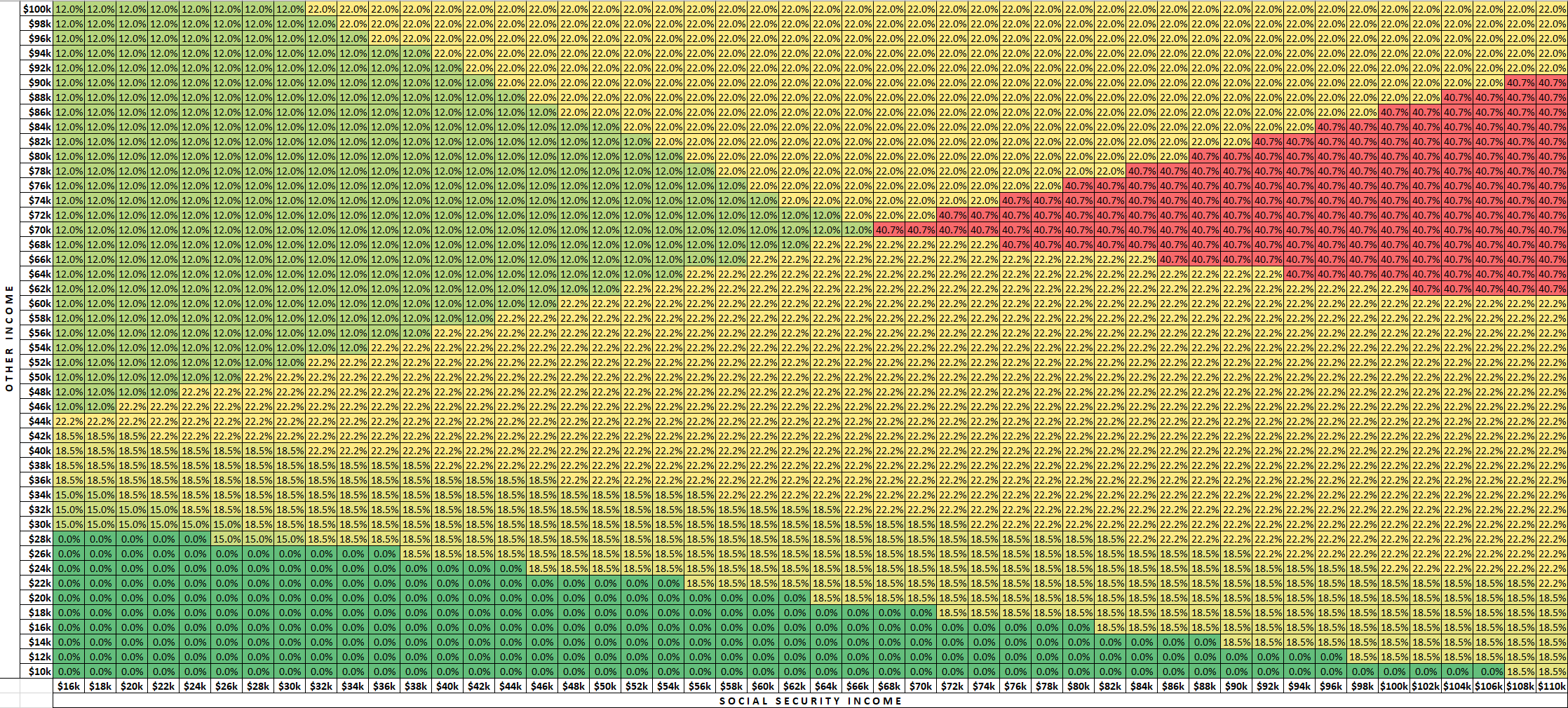- Joined
- Jul 1, 2017
- Messages
- 5,849
Did my last pre-Christmas Roth conversions. Today's conversions were cash.
Will need to tweak next week.
Next year, I will need to map out my conversion strategy in advance, for conversions in kind - and stick to it.
Will need to tweak next week.
Next year, I will need to map out my conversion strategy in advance, for conversions in kind - and stick to it.

